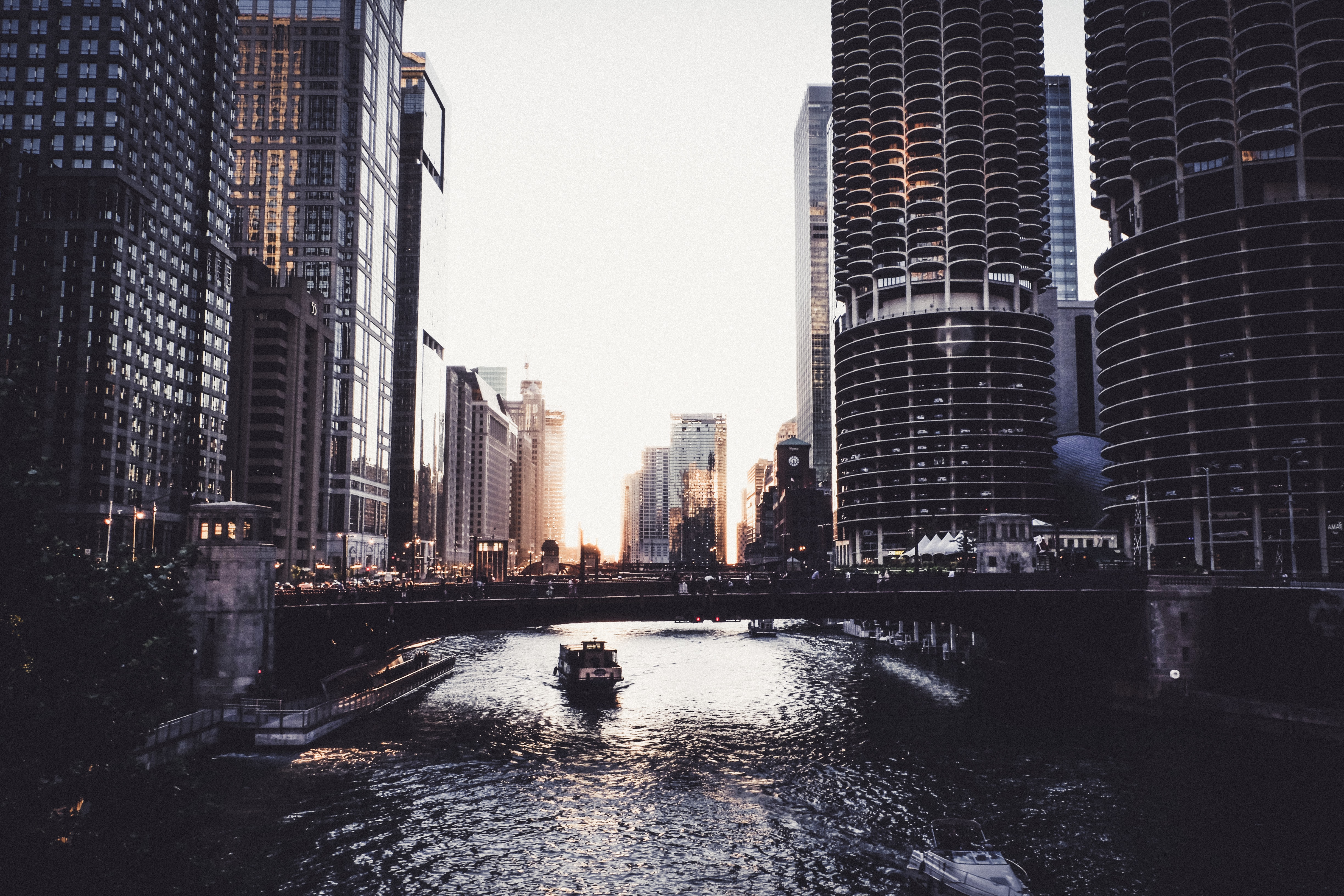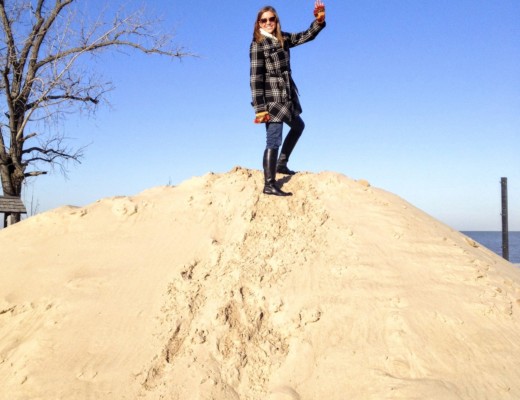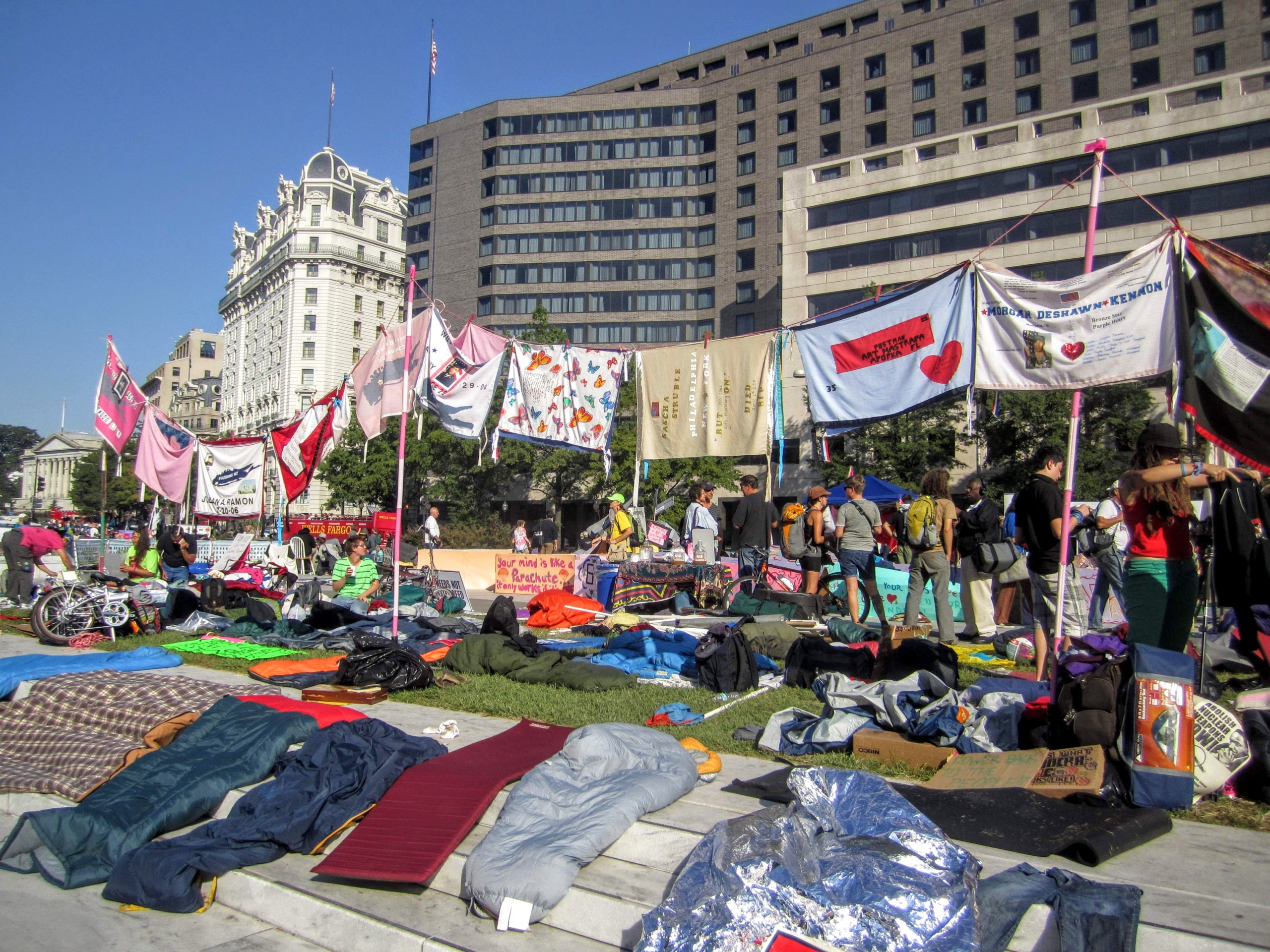The locals call us mzungus. The word is a Swahili-adopted Kinyarwanda term for “foreigner,” or “white person,” and also the first Kinyarwanda word I learned. Few days pass when this the term does not linger in my presence.
I feel welcomed by the locals in Rwanda. But, I am different than most people here. I have long, light-brown hair. I am white.
I stroll the streets of Rwanda as vividly as an elephant stomping through Times Square.
Last week, I fell on my dirt road while walking home. My curious eyes had wandered away from my downhill steps to some pretty yellow flowers, and I lost balance. While slightly embarrassed, I considered my fall a graceful one. I propped myself back up and kept walking, just in time to catch the attention of one neighborhood boy. His eyes bulged out of his head and within seconds began alerting his friends of what happened.
“Mzungu!” he screamed to them, followed by some other Kinyarwanda words I did not understand. I gathered it translated to something like everyone hurry! Giant mzungo went down!
Within seconds, a group of about seven kids came rushing uphill toward me, each of them bending to brush away the loose dirt that had garnished my dark green dress pants.
“I’m sorry, I’m sorry, I’m sorry…” they each repeated as they escorted me around the corner to my front gate.
A mzungu can never immediately tell if these attempts to help are acts of kindness or bargains for money. I have witnessed both. But, this day, the reaction seemed like an eager attempt to participate in a neighborhood event – much like those who stand at the end driveways to witness a car accident in American neighborhoods.
I opened my gate as quickly as possible, waved “bye-bye!” and slithered inside. It’s not always easy for an elephant to hide anywhere in New York City.
My hair intrigues many. If children can get close enough, they will examine it as though a new toy has just been delivered from the moon. Some kids pull it, some pet it and others try to eat it. When I sit near the windows on small, cramped, windy busses, my hair blows uncontrollably around – away from my head, away from my seat, and sometimes into my neighbors’ faces. Passengers tend to stare at my swirling strands like one might observe a flag blowing in the wind. What is it going to do next?
I often twist these strands in a bun to avoid this additional attention.
Of course, being white also means I’m rich. It’s usually the kids who vocalize this belief. “Mzungu amafaranga!” Foreigner money! they scream as I pass. I rarely turn, but sometimes catch a glimpse of them rubbing their fingers together at me in a where is my money? type of gesture. I compliment their good English, then jump immediately to thoughts about my astronomical amounts of education debt.
Motos zoom to the door when I exit restaurants or stores, each trying to position their wheels closer to me than the others. This is partially the moto culture, or their way of making a sale. But, many of the drivers also see dollar signs flashing above my head. I name my destination and immediately hear “one thousand francs” in response to a trip that should cost 500RWF. We foreigners call this the “mzungu tax.”
The translation for mzungu literally means “aimless wanderer.” I’m not sure I agree this definition suits me, as I try to wander with a purpose. But, I am a white girl. And, here that means my name is mzungu.
I am the mzungu elephant who attracts local attention whether I tiptoe, slide or do cartwheels down the hills of these Rwanda neighborhoods.




No Comments